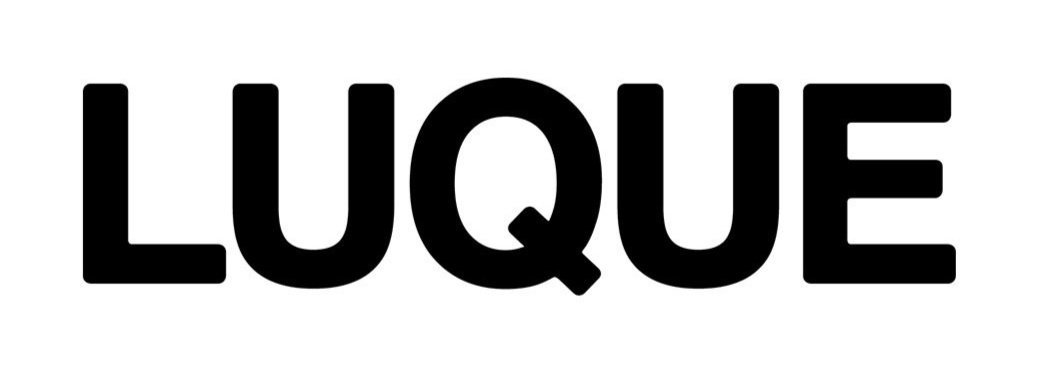Am I Ready for a Manager? 5 Things To Consider Before You Sign
At the end of last year, Chance the Rapper’s long time-manager, Pat Corcoran, filed a lawsuit against the artist claiming he is owed more than $3 million in unpaid commissions from streaming sales and proceeds from touring. Together the duo saw great success without ever having to sign to a major label. Despite heavy interest from labels, Corcoran advised his client to take a chance on himself instead. In April 2020, Chance fired Corcoran after lackluster album and tour sales. Corcoran is now claiming he is owed 15% commissions based on a verbal agreement with Chance.
Joining forces with a solid and well-connected manager can push you to the next level especially if you’re an independent artist. But take it from Chance– be sure you know what you're walking into and what to expect.
Here are 5 things to consider before you sign with a manager:
Before considering the below, always enter into a written agreement with any manager or potential team member to avoid disputes and set clear expectations for both parties.
1) Cash Flow
Standard manager cuts range from 5-20% in fashion/music industries. How much money are you making? Adding a manger to your team can lead to more revenue but be sure they have a solid return on investment (“ROI”) within the first 6-9 months. Is there enough money coming in to cover your costs and a manager's commission? Would you need a manager to invest with capital or sweat equity? Consider your team as a whole (agent, lawyer, accountant, label) and if this additional cost fits in with your budget.
2) Work Flow
Do you need a specific type of manager (day-to-day/tour/business) or an agent? Profit cuts and pay vary depending on which you may need. A personal manager typically supports an artist across all aspects - booking flights, organizing shoots, support in the studio, PR, creative development, and beyond– and takes a cut of everything. An agent's focus is more exclusively on getting gigs and they usually only get paid for the gigs they secure. Especially in the fashion industry, agents will often present models with Management Contracts to be able to take a higher cut if they’re also helping develop your career or brand.
3) Authority
What level of authority will your manger have? Can they approve gigs for you? Can they approve press? Will they monitor your bank account and manage your bills and getting you paid? Pay close attention to the procedures for communication between you and your manager. Will you have to give the ok to your manager via email or is text ok? Make sure there are rules for what your manager should do if they can't reach you and a time sensitive deal is on the table. Under what conditions can they make the best call for your career without your sign off? Make sure you are comfortable handing over the reins and specify exactly where you are not. What happens when you disagree on creative, the business, or finances?
4) Scope
Especially if your practice is hybrid– you make clothes and music, you model and perform, you do digital design and direct films– pay close attention to what parts of your practice your manager gets commission from. If you need support in one area but not in another, consider carve outs to restrict where cuts are taken from your income. You might be able to handle certain aspects of your practice while your manager focuses on what they do best.
5) Term
Consider a trial period. A management relationship is like dating and you want to know who you’re working with before you tie the knot. See what they can deliver before a deal is signed. Will the contract renew automatically, or do you have to provide notice to your manager if you want to split ways? Think about options for additional terms and keep in mind how post-term payments are arranged. Most managers will continue to take a cut from you even after you stop working together as “Continuing Commissions." As with any contract, keep close watch on how to get out of it. In most cases, written notice is required within a certain timeframe, typically 30-90 day notice, to end a contractual relationship. In some cases, you are required to say why or "have cause.” In others, no reason is needed. Be sure before you enter into a contract, you identify your exits.
This information does not, and is not intended to, constitute legal advice. All information, content, and materials are for general informational purposes only. No reader should act, or refrain from acting, with respect to any particular legal matter on the basis of this information without first seeking legal advice from counsel.

